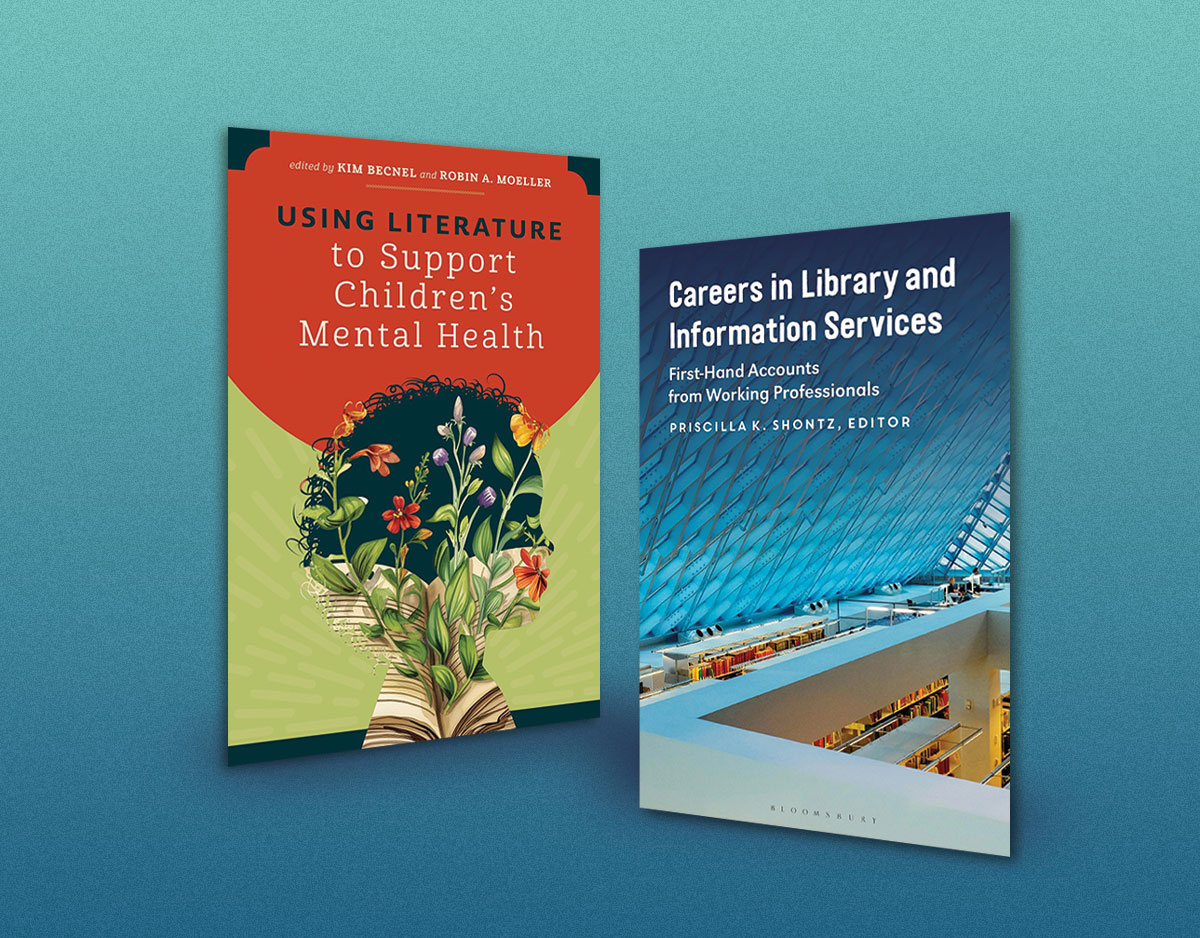SCROLL DOWN TO READ THE POST
Review: Imprisoned
Imprisoned: The Betrayal of Japanese Americans During World War II by Martin W. Sandler. Walker Books for Young Readers, an imprint of Bloomsbury. 2013. Review copy from publisher. YALSA Nonfiction Finalist.
 It’s About: The United States entered World War II after the Japanese bombed Pearl Harbor on December 7, 1941.
It’s About: The United States entered World War II after the Japanese bombed Pearl Harbor on December 7, 1941.
The history of the Japanese in the US had never been easy or welcoming. There was the 1924 Immigration Act, called the Japanese Exclusion Act; there were laws forbidding property ownership by those born outside the US. Despite this, Japanese Americans created successful lives.
ADVERTISEMENT
ADVERTISEMENT
Then, Pearl Harbor.
The reaction against Japanese Americans was swift. In 1942, Japanese Americans were forced out of their homes and put into camps.
Why this happened, how it happened, and what happened after is the story of Imprisoned.
The Good: I was familiar with the general story of the Japanese American internment camps. Mostly, I admit, from a line or two in history class, and books and movies.
Imprisoned shares all the details, the years of prejudices and fears that led to politicians and others believing, without any proof, that Japanese American citizens, of all ages, were a significant military threat justifying their imprisonment. And, because of the nature of the imprisonment, it was also the loss of property and homes and businesses that had to be left behind or sold at a loss; it was the nature of the imprisonment; the loss of freedom, the humiliation.
It is hard to read. It is hard to see the photos, and to wonder what one’s own grandparents and great grandparents did or didn’t do. It is impossible to believe that people would be ordered out of their homes, out of their lives, to camps just because of the country where their ancestors were born.
And yet it did happen. And Imprisoned shows why and how, with the photographs to underscore that these were men, women, teens, and children this was happening to. In addition to the politicians and the military and organizations, there are also the personal stories. Stories that include the men and women who, despite how their government treated them, volunteering to serve their country in the armed forces.
Imprisoned is also the story of “after,” when people were allowed to go “home.” Of the silence, at first, of those who were interned. And of how the political activism of the 1960s and 1970s helped end that silence, leading to official apologies by the US government. And of why it matters — that it’s not “just” something in the past.
Other reviews: My Head is Full of Books; The Children’s War; Bookends, a Booklist blog.
Filed under: Reviews
About Elizabeth Burns
Looking for a place to talk about young adult books? Pull up a chair, have a cup of tea, and let's chat. I am a New Jersey librarian. My opinions do not reflect those of my employer, SLJ, YALSA, or anyone else. On Twitter I'm @LizB; my email is lizzy.burns@gmail.com.
ADVERTISEMENT
SLJ Blog Network
Celebrate The Endies with Me!
Gabba Gabba: We Accept That This Book Is Strangely Superior. A Q&A with Jay Ruttenberg and Lucinda Schreiber
Quinnelope and the Unicorn Utopia | Preview
Heavy Medal Suggestions: 73 Titles and Counting
Dystopian novels are a tool against real-world problems: Fighting back against the American Healthcare system and why it matters for everyone, a guest post by Cassandra Newbould
The Classroom Bookshelf is Moving
ADVERTISEMENT
ADVERTISEMENT







